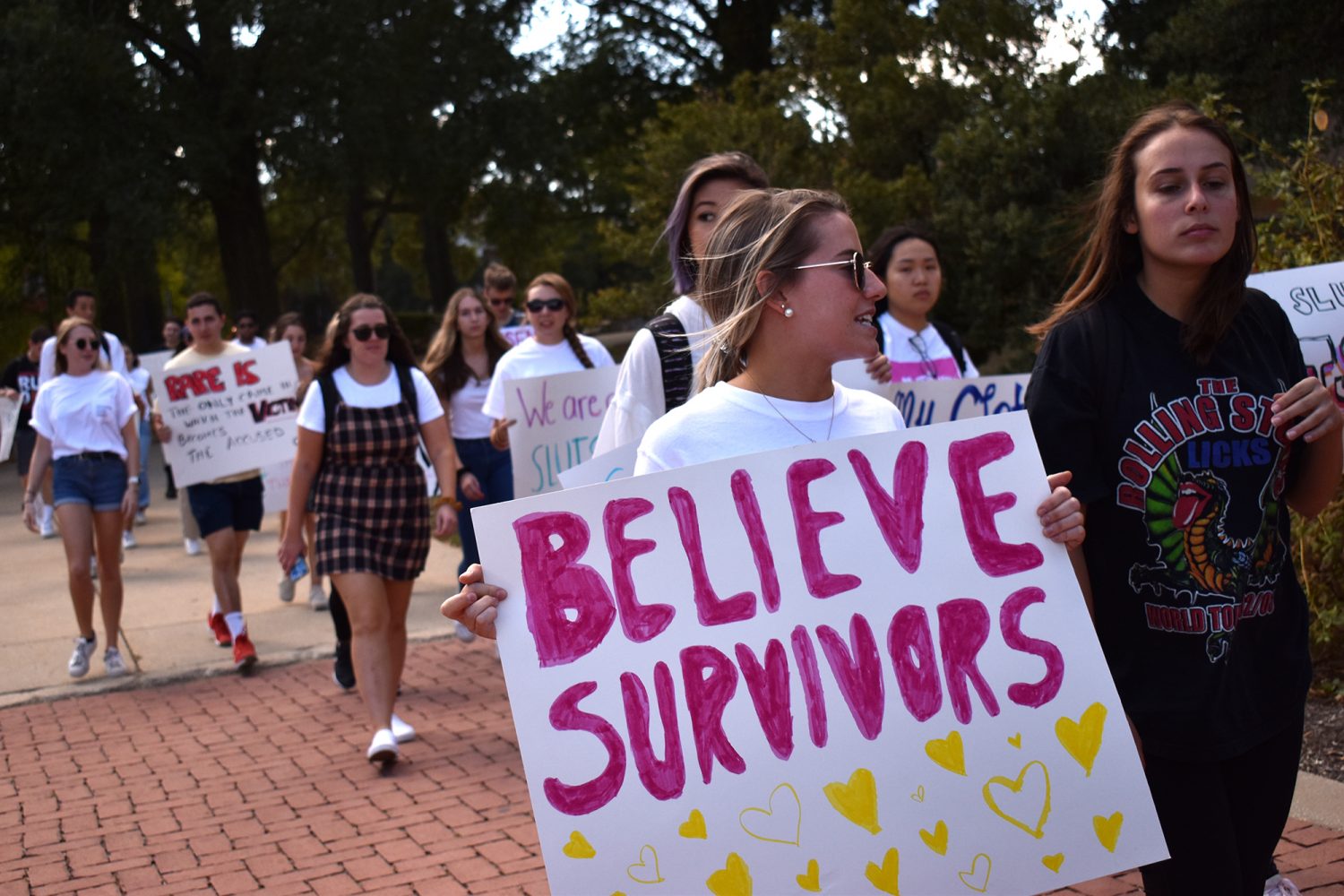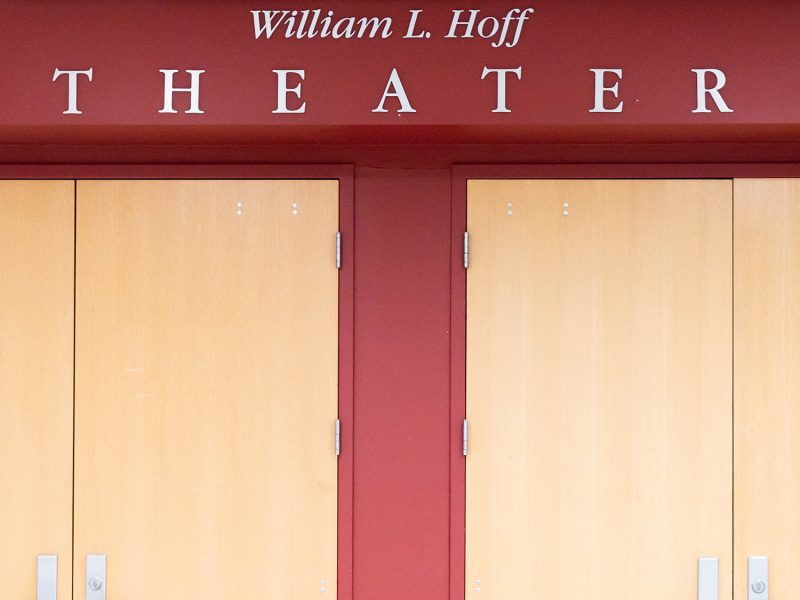Views expressed in opinion columns are the author’s own.
Reclaim the Red, the University of Maryland SGA’s campaign to educate students about sexual assault and consent, has been everywhere this semester. The campaign’s strength and consistency is invigorating and inspiring. But what happens to that passion once the campaign ends?
With such a steady push of education and advocacy for students and staff, the campaign has made it clear that this university’s Student Government Association prioritizes fighting back against sexual assault. The issue must remain at the forefront of the SGA’s agenda, and it should also be a higher priority for this university’s administration.
The message behind the Reclaim the Red campaign is taking back the “Red Zone,” the time between the start of the semester and Thanksgiving break that sees an increased number of sexual assaults. Up to 50 percent of college sexual assaults happen during this period; experts point to culprits such as students’ leaving home for the first time and beginning to experiment with drugs and alcohol.
The SGA’s efforts to improve its educational and preventative measures for sexual assault have been vital this past semester. Its work has certainly been successful in raising awareness about the prevalence of sexual assault, in part by connecting with student groups and offering incentives such as its Red Zone Club Contest. The SGA also engaged with the student body on the campus through its educational events.
These efforts shouldn’t stop when Reclaim the Red ends.
While the SGA implemented Reclaim the Red, national organizations advocating for the prevention of sexual assault such as End Rape on Campus and Culture of Respect also conduct similar campaigns and advocacy work to end the “Red Zone.” These organizations also have sample plans and educational programs for sexual assault prevention at all times of the year.
The SGA not only has the ability to learn from these national organizations, but it has already shown it has the capability to implement broad sexual assault prevention programming, too. It must continue to do so in the upcoming semester with the perseverance and strength it has shown this semester.
In addition to the SGA continuing to emphasize sexual assault prevention and education, this university’s administration must do so as well. It’s not enough for just one faction of students to push for ending sexual assault — it needs to have the public support and dedication of the administration as well.
Sexual assault at this university won’t end with one prevention and awareness campaign, and it certainly won’t end when this semester does. If the SGA wants to maintain the endurance of its sexual misconduct prevention work, there needs to be the same level of support for a sexual assault education campaign or advocacy push for the spring semester.
The widespread promotion of the Reclaim the Red campaign through social media and educational events shows that the SGA (and students) really do care about spreading the awareness and prevention of sexual assault. This university’s administration and student groups need to continue the strength and success of this campaign into future sexual assault prevention efforts.
Maya Rosenberg is a sophomore journalism and public policy major. She can be reached at maya.b.rosenberg@gmail.com.



